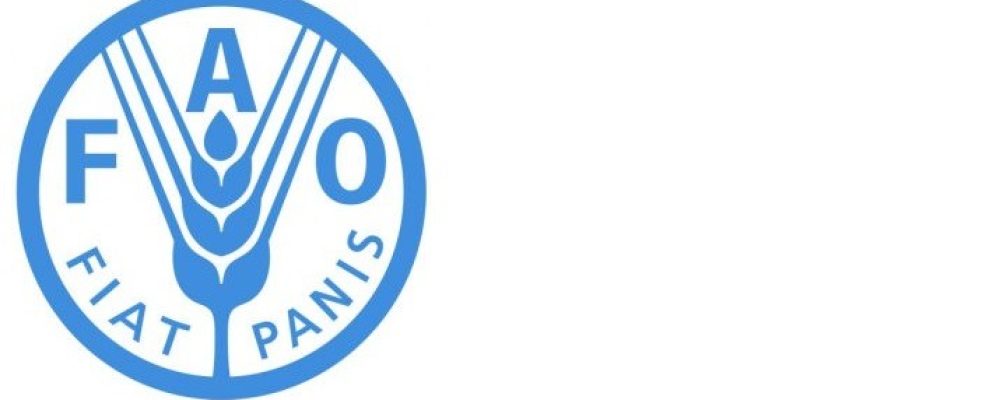Last month the UN Food and Agriculture Organisation (FAO) signed a Letter of Intent “to explore new partnerships between the UN Agency and the private sector”. CropLife International (CLI), the pesticide industry association, interpreted the event slightly differently by claiming they had signed a strategic partnership agreement with the Food and Agriculture Organization of the United Nations (FAO).
Whatever the details of the letter/agreement, it is clear that FAO and the pesticide industry have taken steps towards some kind of partnership… and a lot of people are concerned about this.
Just last week, 350 organizations in 63 countries representing hundreds of thousands of farmers, fisherfolk, agricultural workers and other communities, as well as human rights, faith-based, environmental and economic justice institutions, delivered a letter to the FAO Director General urging him to halt the plans for a partnership with CropLife. Another letter has been signed by 250 international researchers and academics.
FAO a regional programme that taught farmers how to manage crops according to agro-ecological principles, thereby reducing or eliminating the need for pesticides.
Mark Davis, who was head of the the FAO Pesticide Management Programme from 2007 -2015 has also written to the Director General. This is part of what he had to say: “Having the FAO logo associated with CLI and its members is worth billions to them, yet FAO association with CLI will severely damage its reputation and will threaten key objectives that FAO has worked for decades to develop, refine and disseminate including IPM, agroecology, conservation of PGRFA, eliminating Highly Hazardous Pesticides and others.”
In case you are wondering, these are the major companies represented by CLI: BASF, Bayer, Corteva, FMC, Sumitomo, and Syngenta. The company executives and shareholders are getting rich out of selling toxic products that are often banned in their own countries… and the final destination. For example, Syngenta, a Swiss based company that is now owned by ChemChina, has long been profiting from the sales of paraquat, a highly hazardous herbicide. This chemical has been banned in Laos for 10 years, but continues to be illegally imported, sold and used. Hopefully, a recent ban in Thailand, where syngenta formulates the chemical under the brandname Gramoxone, will reduce supplies to Laos… although the US Government is not happy about the possible impact of the ban on the trade of their agricultural produce!.
Back to FAO. There are no Lao-based organisations on the list of signatories to the recent letters of concern sent to the Director General, but there are a number of organisations that have projects in Laos (incl. Oxfam, GRET and Fastenopfer) and at least one academic – Annie Shattuck – who has published papers about the use of pesticides in Laos. I should also mention that the person who delivered the letter from NGOs to the FAO Director General was Sarojeni Rengam, Director of Pesticide Action Network (PAN) Asia Pacific, who has visited Laos many times.
This is what Sarojeni had to say: “This proposed alliance is deeply inappropriate and directly undermines FAO’s goals of supporting food systems that are healthy, resilient and productive while safeguarding the sustainability of the environment. CropLife’s purpose, on the other hand, is to advocate for continued use of the pesticides that its members sell. These hazardous and antiquated chemical solutions pose deadly obstacles to the urgently needed transition to innovative, knowledge-intensive ecological approaches to farming.”
To share the concerns and outrage of those who have written to FAO about this matter and hope our collective voice will cause the Director General to put a halt to the proposed partnership with CropLife International.

